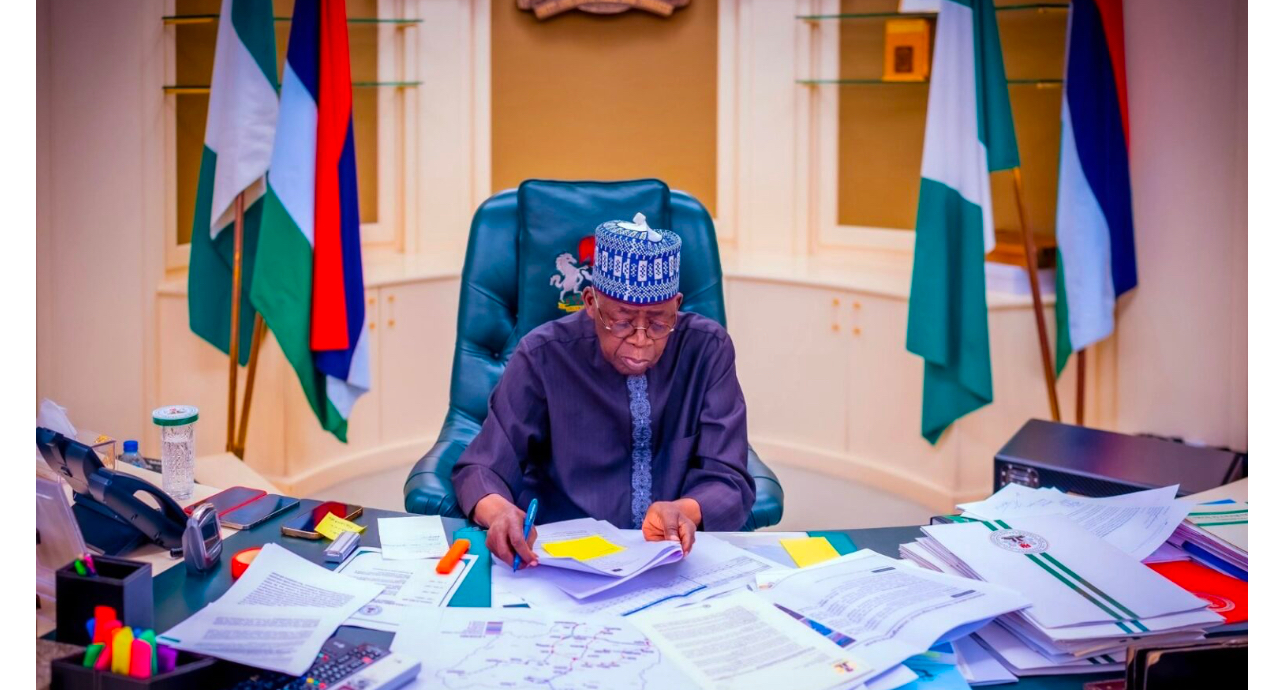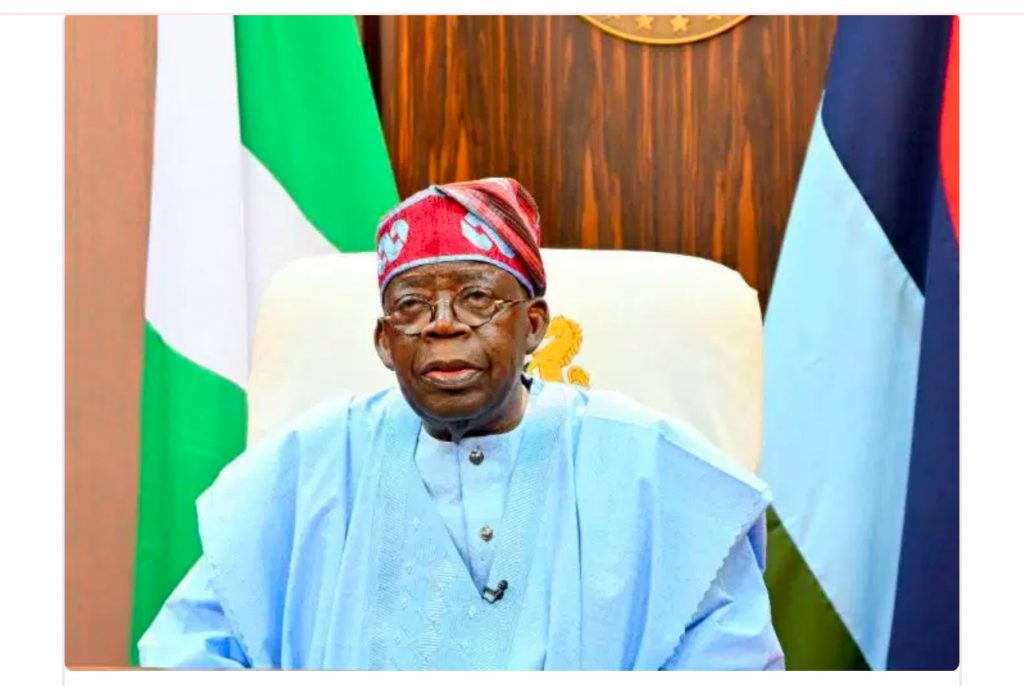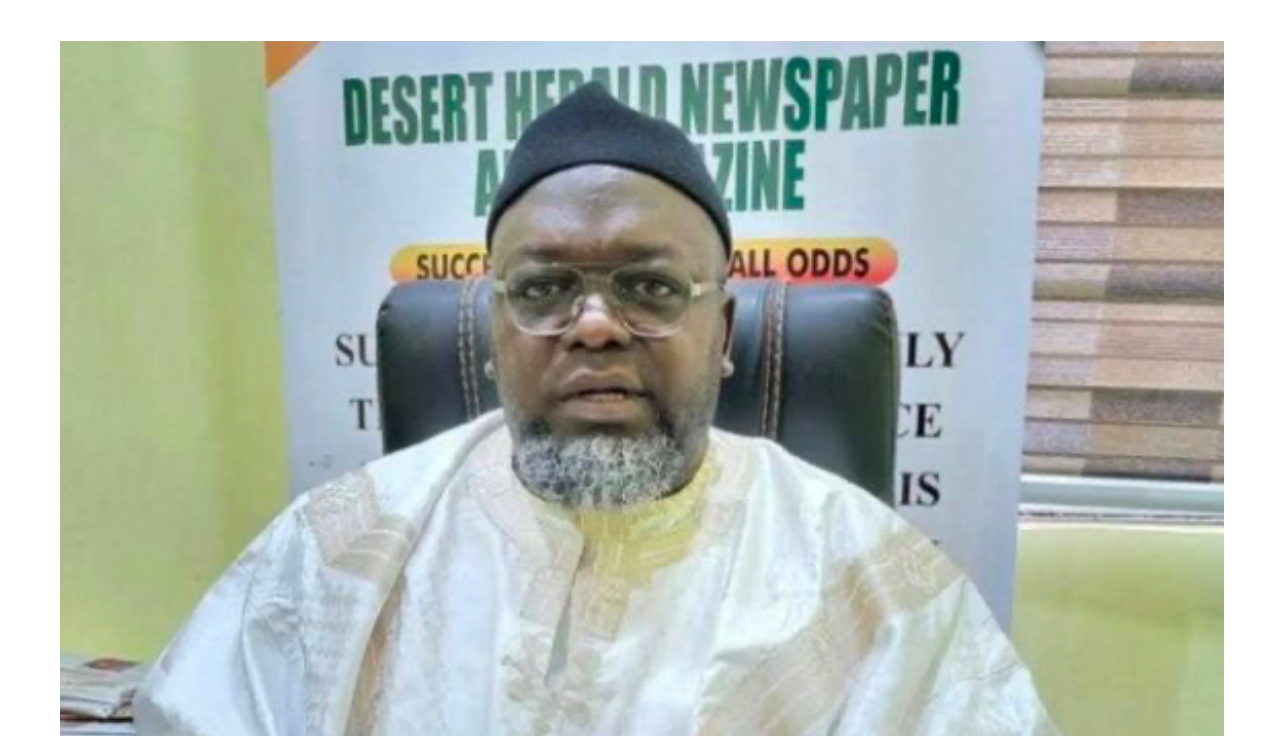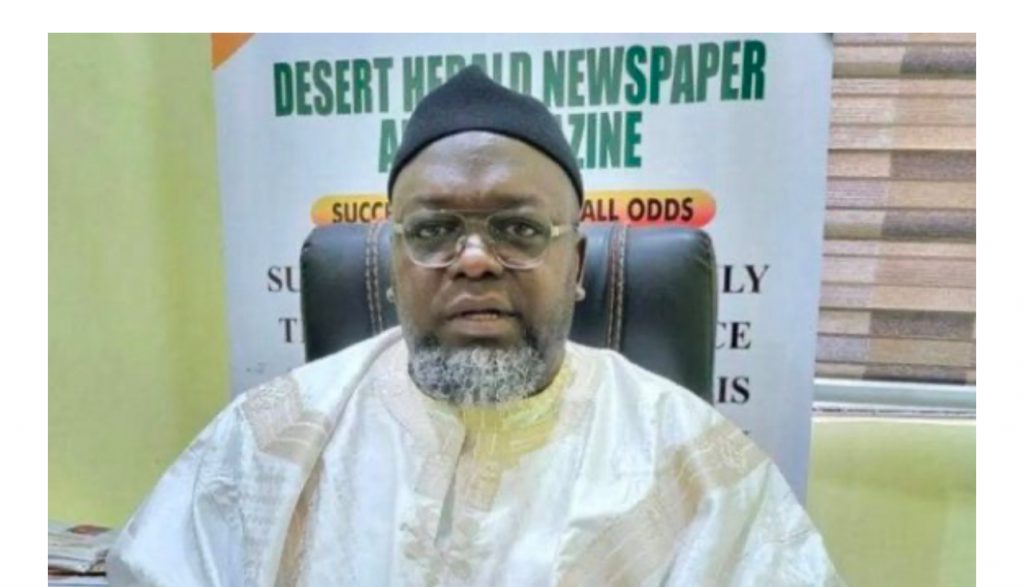news
update: High Cost of Diesel : Telcos demand 40% increase in voice, SMS, data tariffs; NCC, expert reacts

 ….Free web operators threaten national security — Experts
….Free web operators threaten national security — Experts
There are indications that telecommunications operators, telcos, in the country are planning to raise tariffs on voice calls and data by as much as 40 per cent.
Reliable sources from the operators who confirmed the plans to Newsthumb said it was due to high cost of diesel to operate their businesses, incessant harassments and frivolous taxes and levies imposed on them by all manner of agencies from the three tiers of government.
The telcos who spoke to correspondence on the issue said the issue is being handled by their umbrella body, the Association of Licensed Telecoms Operators of Nigeria, ALTON.
GSM service providers plot 40% increase on voice calls, SMS, data
Free web operators threaten national security — Experts
NCC bids to regulate management of telcos
Vanguard reliably gathered that ALTON has already sent a letter to the Nigerian Communications Commission, NCC, seeking upward review of tariffs by 40 percent.
If approved, the services that will be affected include voice calls, short message services, SMS, and data services.
It means that the telcos want the average 11k per second, N8.95 per minute current cost of voice calls jerked up to N12.53 while short message services will move from N4.00 to N5. 61.
This also means that a subscriber who spends 30 minutes on a call will have to cough out approximately N376 while those who spend one hour will have to pay at least N752.
ALTON’s letter to NCC highlighted a few operational issues which the regulator should consider to approve the request.
They include rising cost of business operations due to high cost of diesel, and other energy sources, recent introduction of excise duty of five per cent on telecoms services, and increased burden of multiple taxes and levies on the industry. The telcos say these increments have jerked their operating expenses by over 35 per cent.
However, a reliable source at the NCC said as much as the Commission sympathises with the conditions which have increased operating costs, tariff increment is not done with sentiment.
The source said: “I am aware that the ALTON sent in a letter with a demand for increment in tariffs, but there is a process which is rigorously taken before increments are made on tariff.
“The current tariff they are currently operating with went through that rigour. So, even if their demand will be considered, it will also take a process which is not going to encourage an instant implementation” he added.
Part of ALTON’s letter sighted by Vanguard read: “As the commission may be aware, the power sector under the supervision of its Nigerian Electricity Regulatory Commission in November 2020 undertook a review of electricity tariffs to cater for the economic headwinds.
“In view of the foregoing, ALTON considers it expedient for the telecommunications sector to undergo periodic cost adjustments through the commission’s intervention to minimise the impact of the challenging economic issues faced by our members.
“Details are: Upward review of the price determination for voice and data and SMS. Given the state of the economy and the circa 40 per cent increase in the cost of doing business, we wish to request an interim administrative review of the mobile (voice) termination rate for voice; administrative data floor price, and cost of SMS as reflected in extant instruments.
“With respect to voice and SMS cost, ALTON respectfully requests the commission to consider a mark-up approach to address the upward price adjustment desirable for the industry. We have enclosed herein and marked Annexure 1 of our proposal in that regard.
“For data services, we wish to request that the commission implements the recommendations in the August 2020 KPMG report on the determination of cost-based pricing for wholesale and retail broadband service in Nigeria. Excerpts from the report are attached and marked Annexure 2 to provide a further illustration.
“In implementing the said recommendations, however, we recommend that the 40 per cent increase in the cost of doing business be factored in to arrive at a cost price per Gigabyte in view of the current economic situation.”
The group also highlighted other demands to the commission such as to explore other penalties for operators other than punitive monetary sanctions, extend the payment timeline of relevant regulatory levies and fees, prevail on the Federal Government to sign the executive order declaring telecoms infrastructure as critical national infrastructure to mitigate cost spent replacing damaged and stolen infrastructures, among others.
It added that the Mobile (Voice) Termination Rate (MTR) for voice, administrative data floor price and cost of SMS as reflected in extant instruments should also be increased.
The ALTON letter added: “For large operators, a new interim MTR of N5.46 from N3.90 reflecting 40 per cent increase in the cost of business. “For small operators, the new interim MTR of N6.58 from N4.70 reflects a 40 per cent increase in the cost of business.”
A reliable source and senior official of ALTON who also confirmed the letter, said: “Although we did not intend that this will be a media issue, I can confirm to you that we sent a letter to the NCC requesting upward review of tariffs.
“But this shouldn’t come to you as a surprise. We have always intimated that this is the only way to go, considering prevailing circumstances.
“Recall that while approaching the Federal Government to intervene on indiscriminate clamp down on our facilities, particularly the recent one in Kogi over frivolous taxes and levies by all manner of agencies, we did warn that we may be forced to increase tariffs.
“What has happened now is that as law-abiding citizens and responsible corporate entities, we are going about it the appropriate, responsible and legal way.
“For us to serve you well, we must first of all be in business,” he added.Expert reacts.
For the Executive Director, Paradigm Initiatives Nigeria, Mr Gbenga Sesan, said: “The holy alliance the operators entered with ministry of communications and digital economy on the bad NIN-SIM linkage policy has come to haunt them.
“The effect of that bad policy is what they are reacting to. They should have stood their ground that the policy was not right, instead of compromising their knowledge.
“If they increase prices, people will adjust. Already we are used to telephone communications. What will suffer is the aggregate economy, which is why we didn’t want that evil policy in the first place.
“The Over the top operators will now gain ground because people will call more on whatsapp and other Voice over internet protocol platforms than normal voice calls.
“That is where the revenue that was supposed to accrue for government will go to people who do not have physical presence in our economy.”
news
BREAKING: Tinubu replaces Service Chiefs, names Gen. Oluyede CDS

 President Bola Ahmed Tinubu has approved major changes in the leadership of the Armed Forces, appointing new Service Chiefs in a decisive move aimed at strengthening national security architecture.
President Bola Ahmed Tinubu has approved major changes in the leadership of the Armed Forces, appointing new Service Chiefs in a decisive move aimed at strengthening national security architecture.
According to a statement on Friday by his Special Adviser on Media and Public Communication, Chief Sunday Dare, the President named former Chief of Army Staff, Lt. General Olufemi Oluyede as the new Chief of Defence Staff, replacing General Christopher Musa.
Major-General W. Shaibu has been appointed Chief of Army Staff, Air Vice Marshal S.K. Aneke takes over as Chief of Air Staff, while Rear Admiral I. Abbas is the new Chief of Naval Staff.
The Chief of Defence Intelligence, Major-General E.A.P. Undiendeye, retains his position.
All appointments, the statement said, take immediate effect.
President Tinubu, who is also the Commander-in-Chief of the Armed Forces, expressed deep appreciation to the outgoing Chief of Defence Staff, General Musa, and other retired Service Chiefs for their “patriotic service and dedicated leadership” during their tenure.
He charged the newly appointed military heads to justify the confidence reposed in them by demonstrating “enhanced professionalism, vigilance, and comradeship” in the discharge of their duties.
The shake-up in the military hierarchy comes as part of ongoing efforts by the Tinubu administration to reposition the security sector, improve coordination among the services, and sustain momentum in the fight against terrorism, banditry, and other security challenges across the country.
news
JUST IN: Court Rejects “Terrorists’ Negotiator” Tukur Mamu’s Third Bail Application


A Federal High Court in Abuja has rejected a fresh application for bail filed by detained alleged terrorists negotiator, Tukur Mohammed Mamu.
Justice Mohammed Umar, in a ruling on Wednesday, noted the health complaint by Mamu and held that the detaining authority, the Department of State Services (DSS) should not release him but take him to an appropriate health facility where he would be adequately attended to.
Justice Umar noted that, by the history of the case so far, the prosecution has exhibited diligence in it handling of the case and exhibited diligence in prosecuting the case.
The judge said one of the reasons for granting bail is where the prosecution is not diligent, noting that since the prosecution in this case is diligent, the application for bail cannot be granted.
He subsequently ordered that the defence lawyer should choose the health facility comfortable to the defendant, to which he should be promptly taken.
He also asked the DSS to allow the defendant access to members of his family.
The ruling on Wednesday is the third time the court will reject his application for bail since his was arraigned on March 21, 2023 by the Federal Government on a 10-count charge bordering on terrorism financing, among others.
Mamu was arrested on September 7, 2022 by Egyptian security officials at the Cairo International Airport, on reasonable suspicion of financing Boko Haram terrorism activities.
He was alleged to have convinced the terrorists to discuss ransom payments with individual families of the hostages of the train attack instead of the Chief of Defense Staff Committee set up by the Federal Government for his personal financial gain.
He was said to have been nominated by the terrorists that attacked the Abuja-Kaduna bound train sometime in March 2022 which took scores of persons hostage.
Mamu was alleged to have collected ransoms on behalf of the Boko Haram terrorists from families of hostages, confirmed the amount and facilitated the delivery of same to the terrorists.
news
BREAKING: ASUU suspends two-week warning strike


The Academic Staff Union of Universities has announced the suspension of its ongoing two-week warning strike.
The National President of ASUU, Prof. Chris Piwuna, made this known in an ongoing press briefing in Abuja on Wednesday.
According to Piwuna, the decision stemmed from the meeting of the National Executive Council meeting which was held overnight and ended by 4:00 am on Wednesday.
Piwuna noted that the union decided to embark on the strike due to the failure of the government to meet its demands on time.
“We’ve had useful engagements with representatives of the government to consider the response to the draft renegotiation of the 2009 agreements. However, we are definitely not where we were prior to the commencement of the strike.
-

 news5 years ago
news5 years agoUPDATE: #ENDSARS: CCTV footage of Lekki shootings intact – Says Sanwo – Olu
-

 lifestyle5 years ago
lifestyle5 years agoFormer Miss World: Mixed reactions trail Agbani Darego’s looks
-

 health5 years ago
health5 years agoChairman Agege LG, Ganiyu Egunjobi Receives Covid-19 Vaccines
-

 lifestyle4 years ago
lifestyle4 years agoObateru: Celebrating a Quintessential PR Man at 60
-

 health5 years ago
health5 years agoUPDATE : Nigeria Records 790 new cases of COVID-19
-

 health5 years ago
health5 years agoBREAKING: Nigeria confirms 663 new cases of COVID-19
-

 entertainment9 months ago
entertainment9 months agoAshny Set for Valentine Special and new Album ‘ Femme Fatale’
-

 news5 months ago
news5 months agoBREAKING: Tinubu swears in new NNPCL Board


